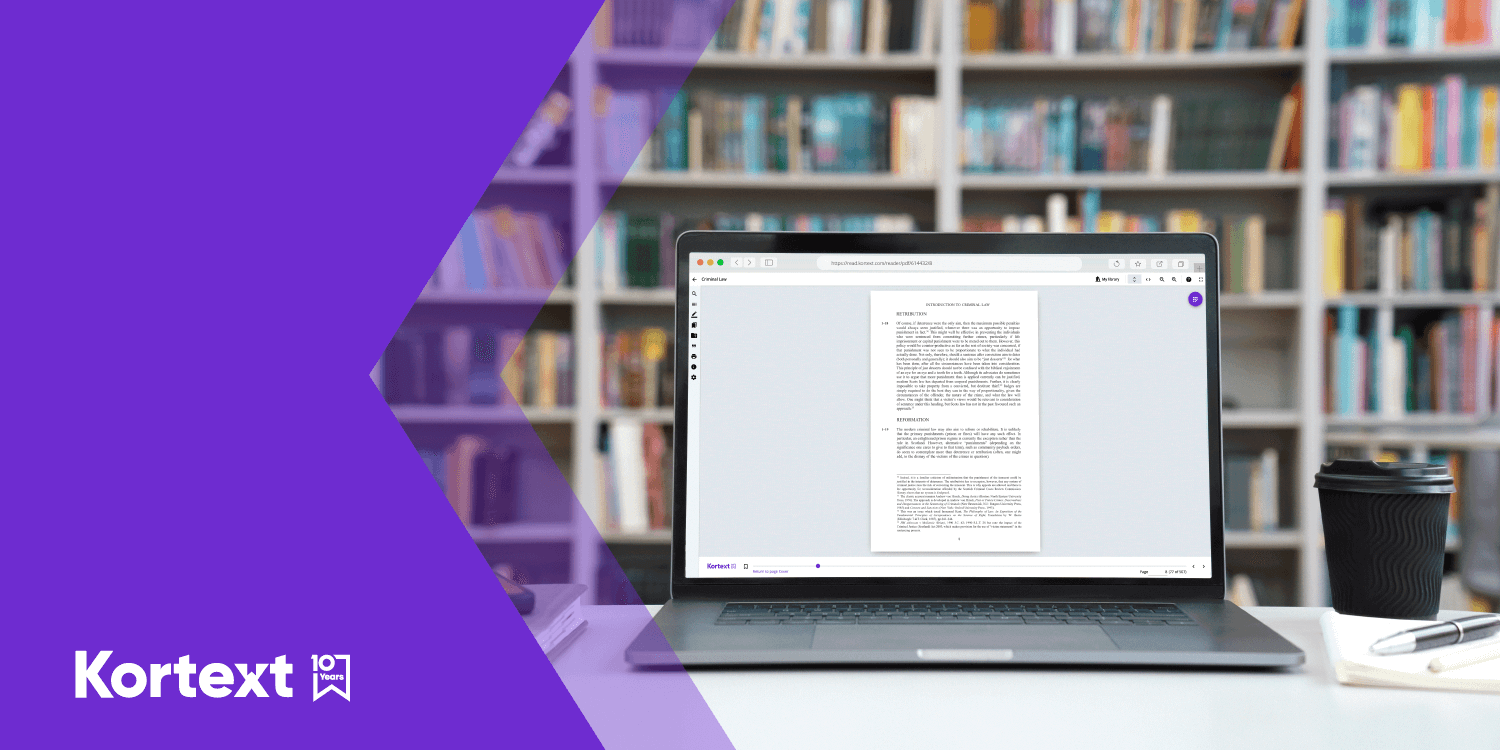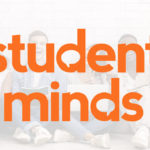Last month, we launched a white paper in partnership with Wonkhe to explore the landscape for digitally enabled higher education. The echoes of the Covid-19 pandemic have forged a long-lasting impact on higher education, leaving institutions with little choice but to reassess and adapt – or be left behind.
In this blog, we delve into the insights discussed from the white paper, exploring the challenges faced and the opportunities unveiled as higher education marches ahead in this new landscape.
Impact of the Covid-19 Pandemic
The pandemic rocked the foundations of higher education, shaking institutions into what was then considered uncharted territory. During the survey that was conducted in Spring 2023 of 463 academic and teaching and learning support professionals in UK universities, it was found that only 20% of respondents were confident that students understood the expectations in digitally enhanced learning, highlighting a disparity in communication and expectations. However, these challenges go beyond technological barriers; it’s evidence that students have had to grapple with the complexities of digital infrastructure which can impact student well-being.
Digital transformation and adaptation
Amidst the chaos, both educators and institutions have recognised the pivotal role of digital transformation. A significant percentage (78%) believe that improving digital capabilities can contribute to institutional goals for student learning and success.
Within their responses, it was cited that benefits such as greater collaboration, enhanced engagement through interactivity, skill development for future employment, and increased administrative efficiency, freeing up time for human-centred interactions.

The adoption of generative AI tools, such as ChatGPT, is acknowledged as a challenge, sparking debates and concerns but also paving the way for discussions on effective integration into education. With organisations such as Kortext, in collaboration with Microsoft, paving the way in embracing digitisation, data analytics, and AI to empower students, the educational landscape is evolving towards a more technologically enriched and student-centric future.
Inclusivity and accessibility
As education embraces the digital frontier, inclusivity becomes paramount.
The University of Manchester Flexible Learning Programme team emphasise within the white paper the importance of developing digital capabilities in both staff and students for a flexible, inclusive and all-encompassing learning experience. Strategies to bridge the digital divide, which was both highlighted and emphasised by the pandemic, ensure that accessibility is imperative for fostering a learning environment where no student is left behind.
Student well-being and support
Beyond academics, institutions must prioritise comprehensive support systems for student well-being and the catalysts that contribute to students’ distress.

Bethan Dudas, director of membership services at Anglia Ruskin Students’ Union shares student complaints, highlighting the practical concerns they face that may not have previously been thought to be an issue, from inconsistent Wi-Fi to digital inequality. The gap between institutional aspirations for digital learning and the realities of student experiences underscores the need for holistic support journeys, ensuring students can navigate the challenges seamlessly.
In this instance, the white paper stresses the importance of leveraging technology to address mental health concerns.
Platforms such as Kortext emphasise holistic student support with a direct link to Student Mind’s Student Space aids students’ mental health when they need it most. In addition, features like personalised learning resources and engagement data for academics provides proactive intervention. Kortext contributes to creating an environment that not only enhances academic success but also promotes the overall well-being of students.
Hybrid learning models
The shift towards hybrid learning is supported by University of the West of Scotland’s Director of Student Success – Emily McIntosh. The shift towards hybrid learning models post-Covid 19 combines synchronous, in-person interactions with technology-driven independent learning.
“As universities get more confident about determining what they need from technology, I expect we’ll see a shift in expectations of providers – and those that can offer a real partnership and co-creation are the ones that will still be going strong once Covid is a distant memory.”
This approach ensures access to resources while involving stakeholders in course and service design, fostering a collaborative environment where technology seamlessly integrates with in-person interactions, creating a dynamic and enriched hybrid learning experience.
Innovations in teaching and assessment
In response to the pandemic, educators have innovated in teaching and assessment. Noteworthy is Kortext Premium’s trusted AI powered Q&A functionality, enhancing student engagement and learning experiences.
The white paper further outlines what’s working well, such as retaining expert staff and addressing digital inequality, and areas for improvement, including developing staff and students, and investing in digital skills.

“The library’s enhanced live text chat and online 1-2-1 support, implemented during the pandemic, continues alongside the reintroduction of face-to-face inquiries and 1-2-1 support. This flexible approach is highly popular with students, representing a valued “both-and” aspect of the “new normal”, facilitated by available technology and equipment, without undue burden on library staff.” Learning and teaching professional, post-92 university.
Hitherto, this emphasis on flexible approaches and the integration of technology underscores the ongoing evolution of education, where institutions balance traditional and technological support methods to meet the diverse needs of students and facilitate a seamless learning experience.
Going forward…
In navigating the post-Covid landscape, higher education institutions must be proactive and forward-thinking.
The higher education isn’t ever going to go back to the time before.
The white paper serves as a compass, guiding us through the challenges and opportunities that lie ahead, pointing towards Kortext, with our commitment to digitisation, data analytics, and AI as a beacon, showcasing how technology can be harnessed to empower students and elevate the learning experience.
Reflecting further on the insights uncovered in the white paper, it becomes evident that the future of higher education hinges on embracing digital transformation, fostering inclusivity, and nurturing innovation.
However, it’s worth noting that this can only be through such concerted efforts that institutions not only must adapt to but strive towards in order to thrive in the ever-evolving landscape of higher education.
To find out more about how Kortext Premium can help you to embrace the challenges and opportunities in post-Covid education, tap here to book a discovery call.







